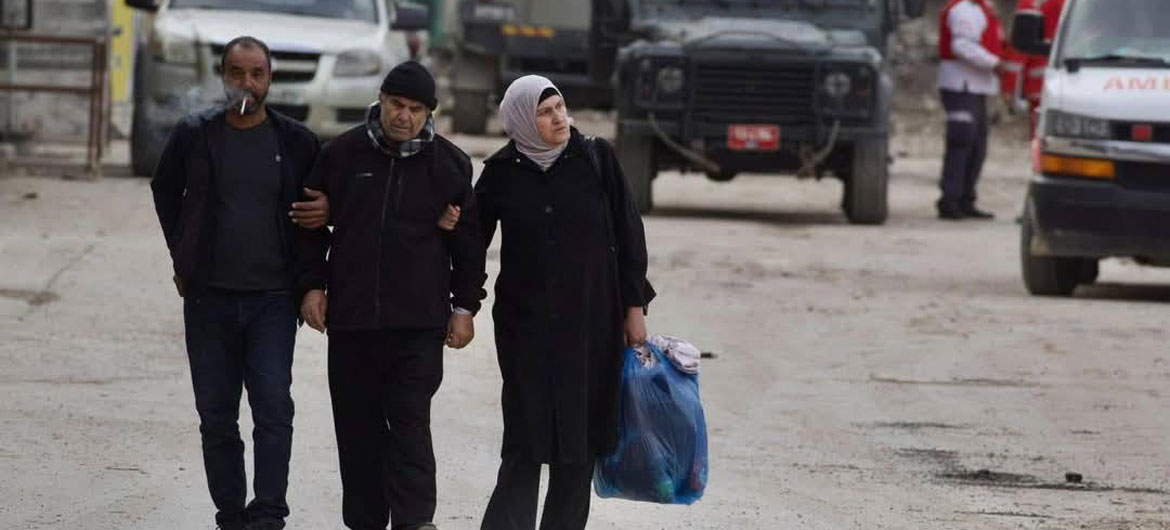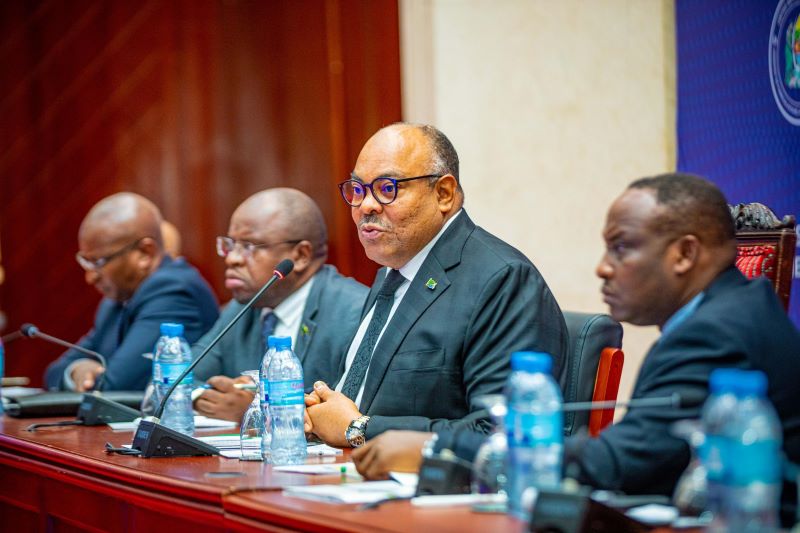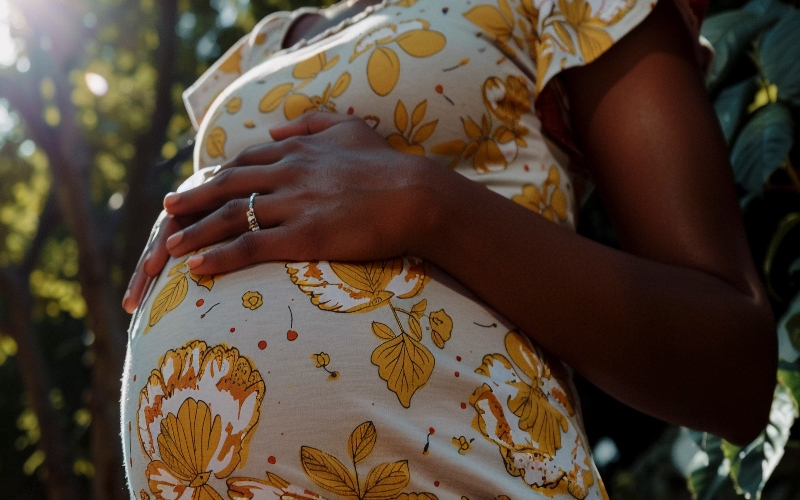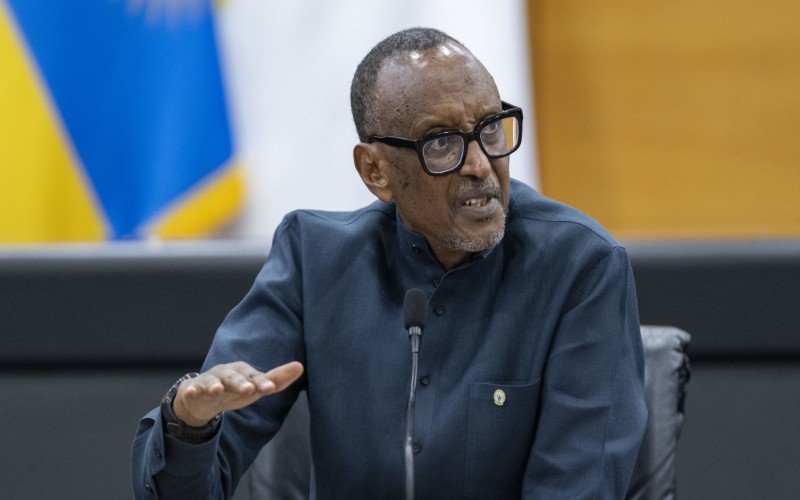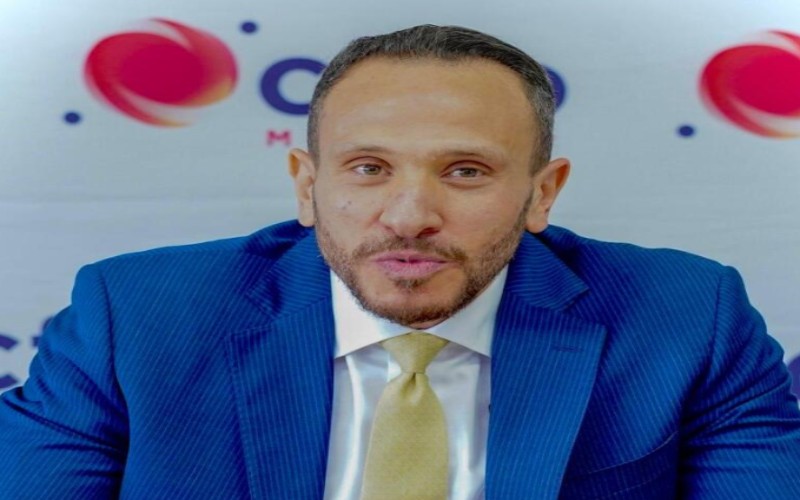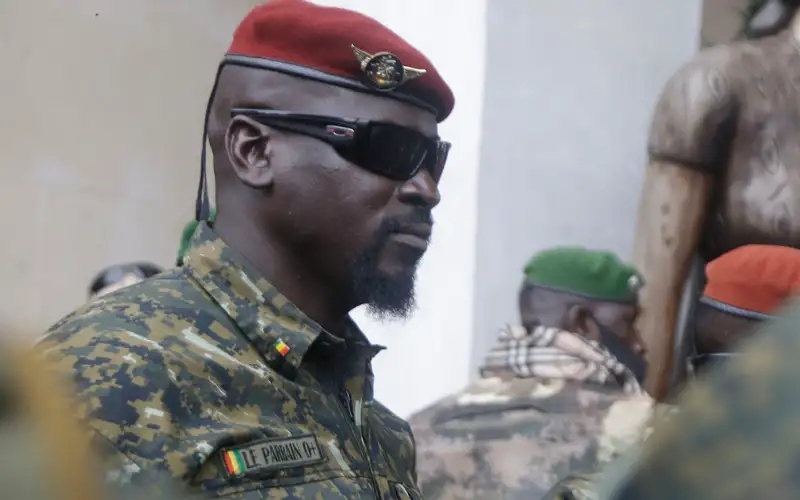Kenya-led mission in Haiti set to end in October if UNSC adopts new resolution
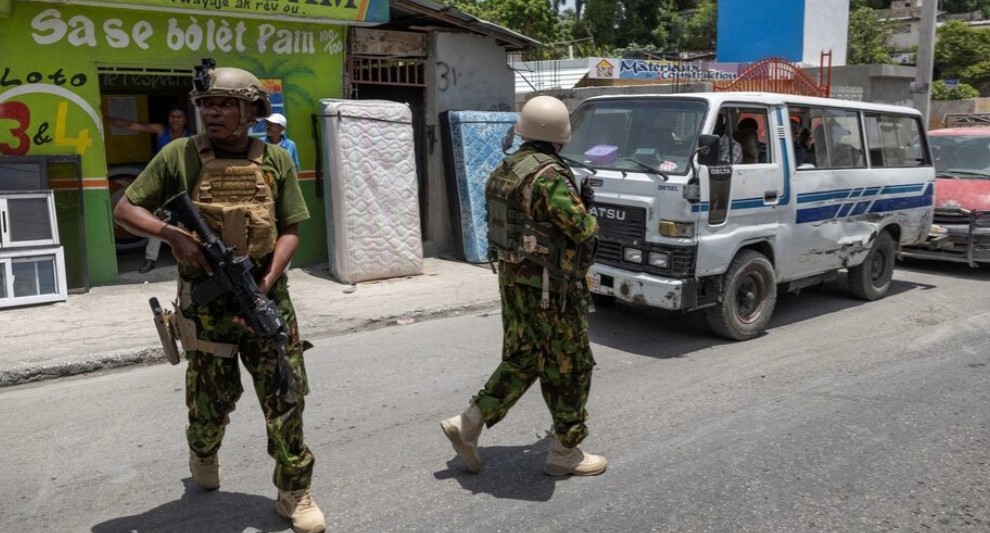
On Thursday, US Ambassador Dorothy Shea told the Security Council that the next international force must be resourced to hold territory, secure infrastructure, and complement the Haitian national police.
The mandate of the Kenya-led Multinational Security Support (MSS) mission in Haiti is set to expire in October, likely marking the end of the mission.
It is expected to be replaced by a Gang Suppression Force (GSF), comprising 5,500 uniformed personnel and 50 civilians, with an expanded mandate and greater autonomy from the Haitian National Police, according to Western media.
More To Read
- Haiti security forces say era of unchecked gang power is over as crackdown intensifies
- Haiti, Panama and Curaçao seal historic World Cup spots
- ‘Kenya can’t do it alone’: US urges more nations to join Haiti’s Gang Suppression Force
- Millions of lives at risk, warn UN food agencies, as hunger crisis worsens
- At least 20 dead as Hurricane Melissa hits Haiti
- Green light for Gang Suppression Force tells Haitians ‘they are not alone’, Security Council hears
"The draft resolution asks UN members to transition the Kenya-led mission to the new effort for an initial period of 12 months following the adoption of a resolution. The UN is expected to begin negotiations in the coming days," the Miami Herald reported.
The paper added that, unlike the current, mostly police-led Kenya mission, which cannot conduct operations on its own, the newly revised force would be authorised to act independently of the Haitian National Police.
"In giving the new mission more autonomy, US officials are hoping to stop the violence that has led to thousands of deaths since the foreign troops' arrival," the paper stated.
Kenya deployed its first batch of 200 officers to the mission on June 25 last year to monitor and patrol Port au Prince, the country's capital, and secure critical infrastructure such as airports.
Three weeks later, the second batch was deployed and collaborated with the local police to recapture some of the critical infrastructure while extending its patrol areas.
It acted as the advance force that prepared grounds for the deployment of other countries' forces in renewed efforts to end armed gang violence in the Caribbean nation.
Amongst its initial successes was the successful takeover of the General Hospital, sea-port, Ganthier town, pacifying roads leading to the seaport from the airport and intensified security at the airport.
The delay in equipment provision, according to Haitian media, however, got in the way of locals' expectations of the mission that they hoped would deploy and begin fighting the gangs immediately.
Another challenge that rocked the mission was the lack of adequate personnel, after failing to achieve its projected 2,500 troop number.
In April this year, UN Secretary-General António Guterres, in a letter to the United Nations Security Council (UNSC), noted that the mission remains in its deployment phase and lacks capabilities and equipment for sustained operations.
"It (MSS) recently reached 1,000 personnel, hailing from the Bahamas, Belize, El Salvador, Guatemala, Jamaica, and Kenya, the lead nation. The current number of staff is 40 per cent of the planned 2,500 personnel envisaged in its concept of operations. Given escalating gang violence, additional forces may be required (Security Council resolution 2699 (2023) authorising the Mission and resolution 2751 (2024) extending its mandate until October 2, 2025, do not set a ceiling for uniformed personnel)," said Guterres.
It further cited the mission's critical gaps in mobility, self-sustainment and coordination limits as affecting its operational effectiveness.
"The Multinational Security Support Mission is reliant on donors for essential equipment. Many of its armoured vehicles are ill-suited for the urban environment of Port-au-Prince. Shortages of spare parts have rendered 50 per cent of combat vehicles non-serviceable. Limitations in enabling capacities, including air support, medical support and communication systems, further constrain Mission effectiveness and raise concerns about personnel safety," added Guterres.
The newly proposed force would be shielded from the constraints suffered by the MSS Mission by getting their salaries paid from voluntary contributions to the United Nations, while their logistical support is funded from a UN Support Office in Haiti, according to a draft resolution by the US and Panama.
On Thursday, US Ambassador Dorothy Shea told the Security Council that the next international force must be resourced to hold territory, secure infrastructure, and complement the Haitian national police.
Meanwhile, the Federal Aviation Administration has again extended its ban on US commercial carriers landing in Port-au-Prince, citing ongoing security risks from armed gangs.
The current ban was set to expire on Monday, September 8, but has now been extended to March 7, 2026, an FAA spokesperson said.
The restriction affects major airlines like JetBlue, Spirit, and American, meaning that the capital remains cut off from direct commercial flights, a move that local authorities are trying to counter by expanding regional airports to maintain international access.
Top Stories Today
